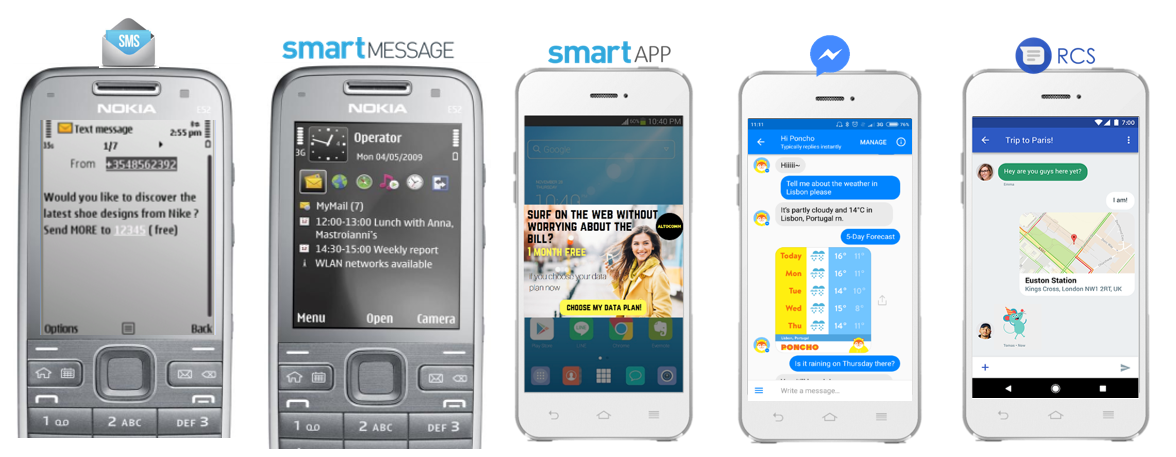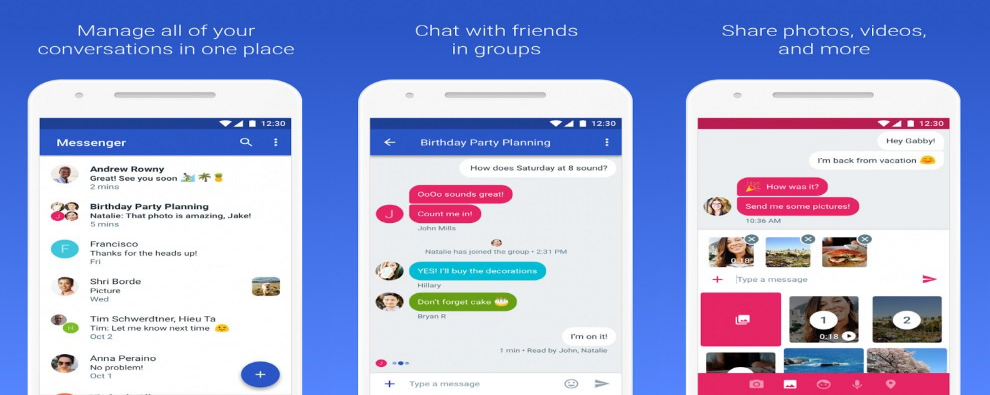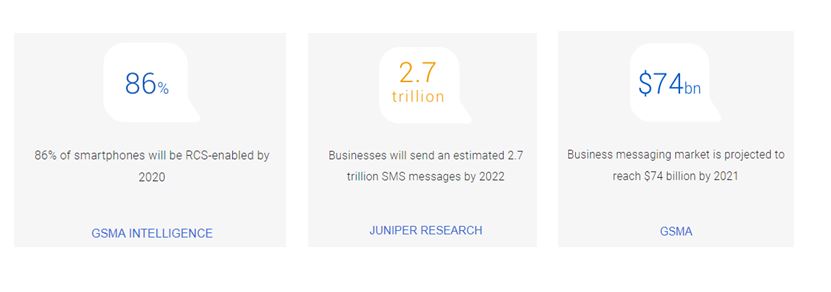In a fragmented media landscape, companies have to fight hard for consumer attention. From a marketing and customer engagement perspective, this can be exhausting.
But it’s now time for companies to rethink how they connect with their customers. The rise of the empowered consumer, particularly digital natives who grew up online, has turned up the pressure on marketers and mobile operators to embrace strategies that respect people’s desire for content, marketing and communications on their terms, tailored to them.
Not only is it important to send them the right message, at the right time, via the right media, but it is key to send relevant and genuinely attractive content that they’re likely to engage with.
As a result, all players in the industry who are striving to be innovative in mobile messaging must continuously introduce new channels to their messaging portfolio to respond to customer appetites for rich content, worthwhile interactions and valuable messages.
Years ago, we started with SMS marketing campaigns, but quickly branched out to launch our own exclusive interactive channel: the Smart Message, which made a significant difference by offering a greater user experience on a conversational-based communication channel.
2018 seems to be a newly promising year in terms of further innovation, with the introduction of two new channels: Facebook Messenger and RCS (Rich Communication Services).

But what is RCS?
RCS is a standard technology that was refreshed by Google as a powerful mobile engagement tool. An RCS messaging channel is another evolution in mobile messaging, increasing and improving the ways in which people and businesses communicate. It provides marketers with the opportunity to increase their engagement with customers by enriching its messages with branding, rich media, interactivity (through Chat Bots) and analytics (thanks to artificial intelligence (AI)).
In short, RCS channels allow marketers to:
- Send branded messages and conversations
- Share rich media content: such as images, videos or PDF documents
- Drive engagement with suggested replies and actions
- Track message delivery
- Use powerful reporting and analytics to optimize future messages
Through this, there is no longer a need to download multiple apps; instead, users gain direct access to a range of brands and services from within the messaging app itself, allowing them to engage with virtual assistants to book flights, buy clothes, book restaurant reservations and more. More examples can be found here.
But why should businesses consider RCS in their mobile communications? These three stats provide a compelling case:
Image source: https ://jibe.google.com/business-messaging/
With the new opportunities available thanks to RCS, companies looking to engage with their customers via mobile can adopt a new multi-channel approach to marketing. They can address and serve customers, whatever the device they have, no matter how they use their multi sources of devices (television, tablets, mobile phones), and no matter where they are.
To discover more information regarding Gemalto Messaging Channels, visit our dedicated webpage.




